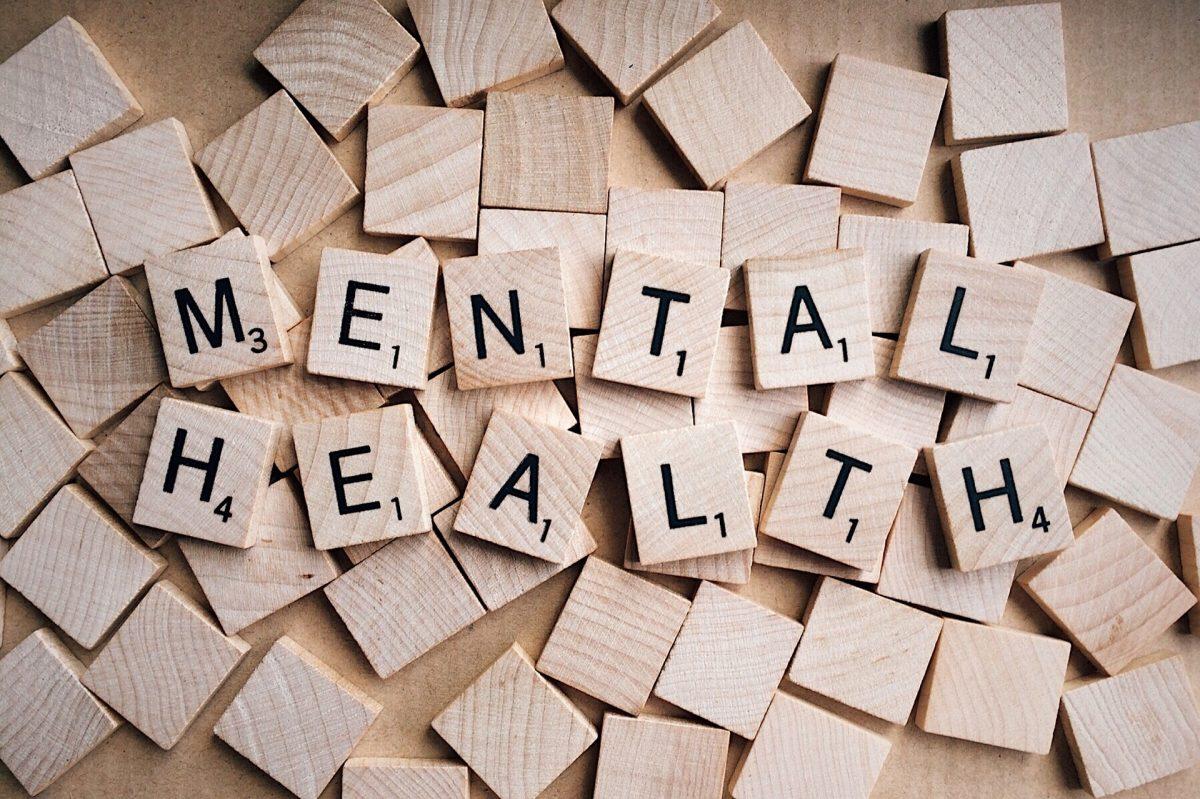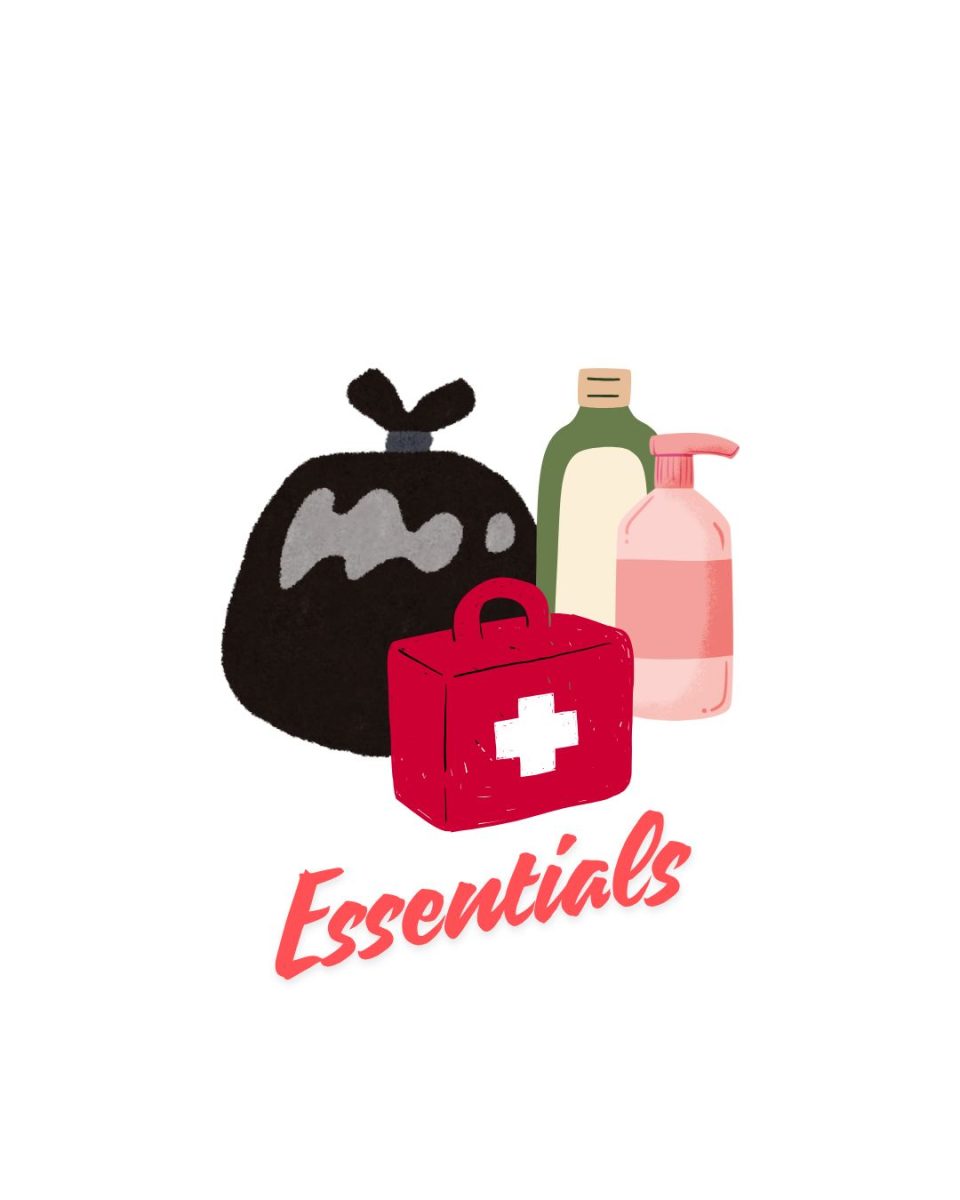When I was six years old, I was diagnosed with Tourette syndrome. At the time, and even now, many people weren’t completely aware of what that meant. I was a very fortunate person to grow up in a family that supported me and wanted what was best for me. For many, though, this is not the case.
What do you do when someone you know and care about needs or wants professional help but their parents don’t believe in mental illness? How do you support them when there is a waiting list at Rowan to get access to free counseling?
The answer isn’t simple and many times you can’t necessarily do anything. Just being there for somebody can help, but sometimes that isn’t enough. And, what do you do when the person who you believe should get help, doesn’t want help?
For many years I was shuffled from doctor to psychologist to psychiatrist, each of whom asked questions about my medical history and what have I done in the past to get help. In the case of Tourette syndrome, there is no cure. So when we found out what it was that causing my involuntary twitches, or more accurately, tics, my family wasn’t sure how to proceed. Do we go the medical route and get medicine prescribed? Do we go the therapy route and try different therapeutic techniques? Or do we go the holistic route and try yoga and meditation?
For many, those with Tourette’s and those with other mental health issues, the answers to these questions aren’t the same for every case. I, personally, was shuffled from therapist to therapist until we found the right person for me. I was then seen by a psychiatrist who prescribed me the medicine that I am still taking today. All this when I was just six years old and didn’t even fully comprehend the complexity of my issues.
But then, some people don’t have those opportunities. Mental health is such an incredibly important conversation to have with the people around you. Talk to your friends and family about their beliefs on this issue. Mental health doesn’t just mean you have a mental disease or disorder, either. Some people just need a mental health day because they need to rest their brain and turn off what they’re thinking about.
The other problem that occurs with mental health issues is when and how to seek treatment for a specific issue. Many people go undiagnosed or are misdiagnosed with mental illnesses. Before I found out I had Tourette’s, doctors and teachers said I had allergies or was just “seeking attention.” But obviously, that wasn’t the case.
This goes back to my earlier question of when and how to seek treatment. How do you know if something is truly wrong? How do you bring up the topic to a loved one that you think they need professional help? How do you help someone who doesn’t have that support system from their friends or family?
Keep this in mind when you or a loved one is seeking help. The answers to these questions aren’t concrete and black and white but rather long, complicated issues that need to be talked about and explored further. So, keep conversing and spread the message that this is an important issue.
For questions/comments about this story, email [email protected] or tweet @TheWhitOnline.
























































































































































!["Working with [Dr. Lynch] is always a learning experience for me. She is a treasure,” said Thomas. - Staff Writer / Kacie Scibilia](https://thewhitonline.com/wp-content/uploads/2025/04/choir-1-1200x694.jpg)









































